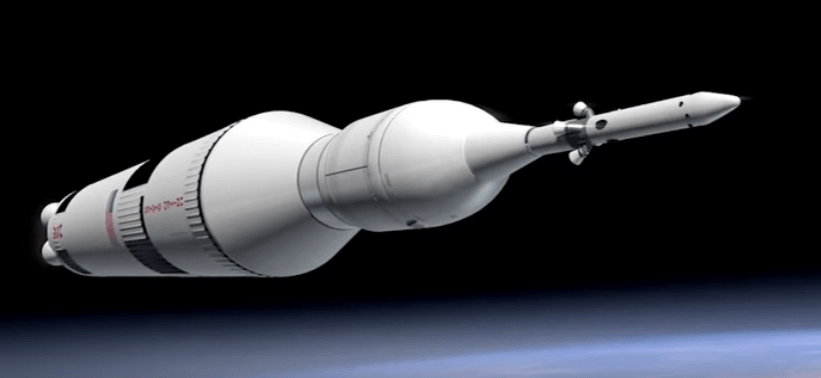
For the second time in a week, Pentagon has come out strongly in support of India's Anti-Satellite (A-SAT) missile test saying that Mission Shakti was imperative considering the threat from space. Pentagon had earlier rubbished the claims of National Aeronautical Space Agency (NASA) of A-SAT test being terrible and disturbing the space order. It was claimed that the test created 400 odd pieces of orbital debris and posed a danger to the International Space Station (ISS).
On March 27, when Prime Minister Narendra Modi had announced the launch of the ground to space missile that destroyed a satellite, the nation had joined the elite group of space powers that include the United States, China and Russia.
US Strategic Command Commander General John E Hyten told members of the powerful Senate Armed Services Committee on Thursday that the key points from India's A-SAT test were that India did the test to defend itself from the threats in space. Gen. Hyten was responding to the US Senator's queries on why India conducted the ASA-T test.
"The first lesson from the Indian ASAT is just the simple question of why did they do that. And the answer should be, I think to all the committee looking at it, is that they did that because they are concerned about threats to their nation from space," he said.
The US Senators raised the alarm after NASA chief Jim Bridenstine said that the test was a "terrible thing" that endangered the ISS and created 40 pieces of orbital debris. The premier space agency claimed that it had tracked nearly 60 orbital debris and that 24 were going above the apogee of ISS.
Pentagon, standing firmly in support of India, said that such incidences had happened in the past as well when China sent 100,000 pieces of debris in 2007 during its anti-satellite test.
In 2009, a satellite collision took place between the US and an old Russian satellite that also resulted in debris in the space.
Gen. Hyten observed that in such challenging times when four countries have acquired A-SAT capabilities, there was a dire need to introduce safe environmental norms in the space. He advocated for the development of some kind of international norms of behaviour in space.
"And where those norms of behaviour should begin, from my opinion, is with debris, because as the combatant commander responsible for space today, I don't want more debris," he added.

















